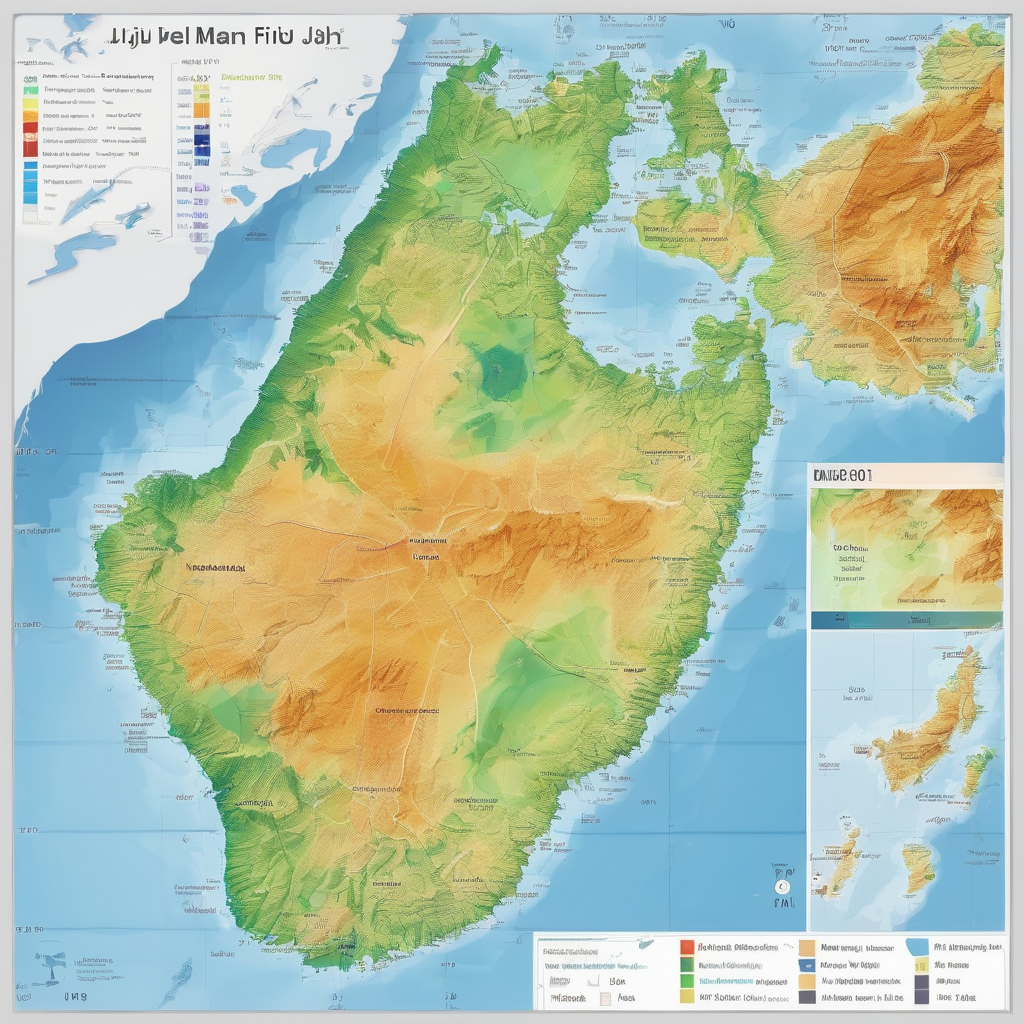The Fiji Bureau of Statistics (FBOS) is taking a significant step forward in addressing climate change by compiling its inaugural official statistics on climate change. This initiative is a response to the urgent environmental challenges the nation faces. To further this crucial effort, FBOS is hosting a two-day National Workshop aimed at Advancing Climate Change-Related Statistics. This gathering brings together policymakers, researchers, and sector officials to assess existing endeavors and improve the quality of climate data.
FBOS Chief Executive Officer Kemueli Naiqama underscored the collaborative nature of this initiative, noting that it forms part of a continuing partnership with the United Nations Economic and Social Commission for Asia and the Pacific (ESCAP). This collaboration, which commenced last year, aims to implement a comprehensive government approach to collect climate data across multiple sectors, including the environment, economy, infrastructure, and public health.
Naiqama remarked, “Climate change is not an abstract issue for us; it’s a lived experience for every Fijian.” He emphasized the importance of high-quality climate statistics in grasping the changes occurring within the country, identifying vulnerable populations, and developing effective response strategies.
The workshop plays a vital role in emphasizing the need for reliable data to back climate resilience initiatives and development planning. As Fiji strengthens its climate data capabilities, the country addresses immediate data gaps while aligning with broader regional and international efforts to promote impactful climate action. This initiative comes in the wake of a previous report by the Bureau, highlighting significant gaps in tracking Sustainable Development Goals (SDGs) indicators, with considerable percentages still lacking monitoring due to insufficient data.
Fiji’s endeavor to enhance its data-driven decision-making capacity arrives at a crucial era. With the rising frequency and severity of climate-related disasters in the region, there is an increasing demand for actionable data to inform policies and bolster resilience. The ongoing workshops and partnerships exhibit Fiji’s dedication to making informed, timely decisions that pave the way for sustainable development.
As the nation advances in this essential undertaking, there is hope that the foundational work in climate data gathering will not only bolster Fiji’s climate resilience but also serve as a model for other small island nations facing parallel challenges. By enhancing data systems and encouraging inter-agency collaboration, Fiji is laying a robust foundation for a more resilient future in the face of climate change.
